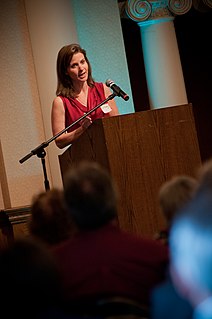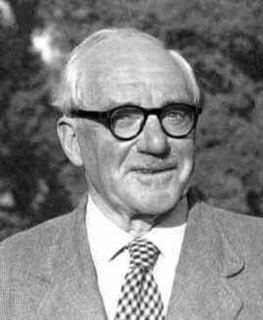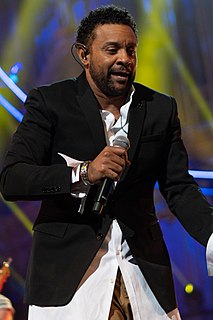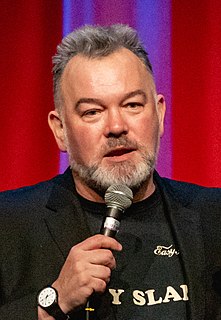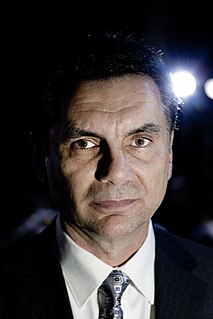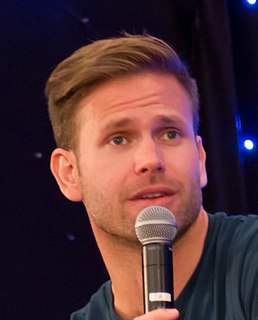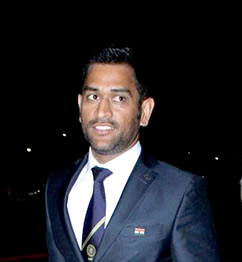A Quote by Richard Quest
Whenever there's a big story with vast potential to get social media content and find out what's happening, your first object is to prod into that and then test it to see whether it's valid. If you don't do the second part, you're basically a bilge pump.
Related Quotes
Social media is a great way to get customers. Time is money. If you do this right, it costs money. But social media is great because you put stuff out there and see if it works almost immediately. You can test to see if it will be effective for your company. It's easy if you hit a nerve and talk about something people are interested in. It's easy for them to share with their friends.
We don't have all this gay-bashing crime. You don't see that. It's not there. That is not really happening in Jamaica. But because a few artists basically sing it and put records out and the media runs with it, then the stigma becomes big, and now we're trapped with that whole thing. It's really sad.
What's really going on here is, this is a media shift. It's comparable to what happened in the 1950s and the birth of electronic mass media back then.This is the birth of a new kind of personal media, where, instead of we're all watching one program, we're all watching each other. And the history of media makes it really clear. Whenever we have a big innovation, the first wave of stuff we do is pretty crummy. The printing press gave us pornography, cheap thrillers, and how-to books. Television gave us Newt Minow's vast wasteland.
Television is interesting, in that the pace is quicker and you can see your work more quickly than with movies. And then, with the added social media aspect, you can access that relationship to the fans directly and you have control of the content of what you say, your perspective, your opinions and your ideas.
I think the success of every novel - if it's a novel of action - depends on the high spots. The thing to do is to say to yourself, 'Which are my big scenes?' and then get every drop of juice out of them. The principle I always go on in writing a novel is to think of the characters in terms of actors in a play. I say to myself, if a big name were playing this part, and if he found that after a strong first act he had practically nothing to do in the second act, he would walk out. Now, then, can I twist the story so as to give him plenty to do all the way through?
When the next generation of content is developed, we have to think in a totally different way. Think about it more symbolically. The main story that you see on the TV screen is maybe like the living room of a house. But there are various other rooms in this house that you will otherwise never see. But if you use the Internet, you find out what's in the attic. And if you use the cell phone, you find out what's on the first floor. And on another medium, you find out what's in the cellar.
Nudity in photography, whether involving adults or children, is a subject sinking under a freight of political and moral disapproval it could never hope to support, and this is not the place for me to get out the bilge pump. I will only say that critics who tremble so fiercely at the thought of the voyeuristic male gaze miss the point that distance generates mystery and enchantment, and expresses the awe with which the male imagination regards all women.


